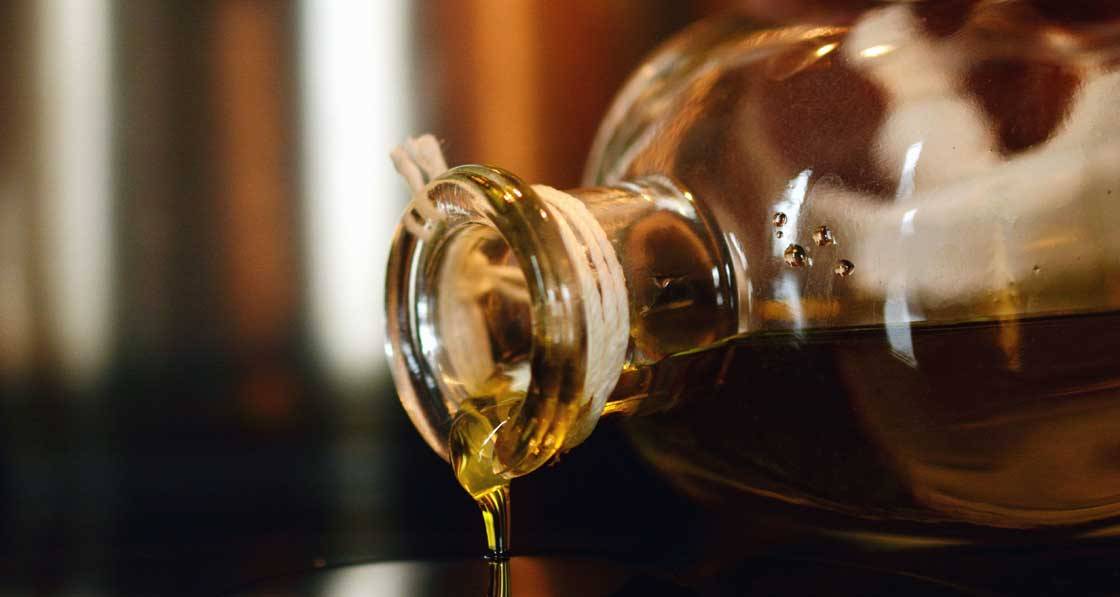
- Marketplace
- Posted
Grant invests in biofuel tech for oil boilers
Leading Irish heating appliance manufacturer Grant has invested over €250,000 in enabling the use of hydrotreated vegetable oil (HVO) in traditional oil boilers.
This article was originally published in issue 39 of Passive House Plus magazine. Want immediate access to all back issues and exclusive extra content? Click here to subscribe for as little as €10, or click here to receive the next issue free of charge
The company said this represented a “major R&D breakthrough that could help reduce carbon emissions in rural and hard to heat homes” and would “prevent Irish homeowners from incurring the high cost and subsequent disruption to daily life of deep retrofitting.”
Over the past six years, Grant’s research and development team has worked with third level institutions, industry partners and renewable fuel producers, “focusing on more sustainable and carbon saving fuels and innovating its boilers to be biofuel compatible”.
“In the early days of our research, we identified potential bio and synthetic fuels that would both meet greenhouse gas reduction targets and be commercially viable,” said company founder Stephen Grant. “The breakthrough came during testing and field trialling with boilers successfully using 100% biofuel known as hydrotreated vegetable oil (HVO). While HVO is a relatively new fuel to Ireland, in Europe and the UK it is used for marine and public transport and to power generators.”
While globally HVO fuels can still include some virgin vegetable oils such as palm, soy and rapeseed, there is a drive by producers to switch to lower quality waste and residues, and to develop advanced new materials, such as algae and microbial oils. Leading manufacturer Neste says that its HVO is now based on 92 per cent “wastes and residues”.
HVO currently available in the UK and Ireland is certified via the International Sustainability and Carbon Certification (ISCC) scheme. “The use of 100% HVO, can result in around 88% reduction in carbon emissions and using this or a percentage blend of HVO with kerosene, will enable rural and hard to heat Irish homes to transition to a renewable green alternative from 100% kerosene at an affordable cost, with minimum disruption to everyday home lives,” Stephen Grant said.
All of Grant’s condensing boilers are now “future-proofed” to use HVO through making a slight modification to the boiler. Older Grant condensing boilers can also be adapted to HVO, but this may require a new biofuel burner that is matched with the specific boiler. These modifications can be carried out by a service engineer during an annual service.
[Editor’s note: some environmental groups question the true carbon footprint and environmental impact of common HVO feedstocks and fuels due to their potential effect on land use change, as well as whether some key ‘waste’ feedstocks warrant that definition. See our report for more].
- Issue 39
- Irish Marketplace
- oil supply
- boilers
- hydrotreated vegetable oil
- fossil fuels
- Climate Change
Related items
-
 Build Homes Better updates Isoquick certification to tackle brick support challenge
Build Homes Better updates Isoquick certification to tackle brick support challenge -
 Ecological Building Systems expands UK and Irish straw panel construction with EcoCocon deal
Ecological Building Systems expands UK and Irish straw panel construction with EcoCocon deal -
 Grant’s Aerona R290: A next-gen heat pump designed for the Irish climate
Grant’s Aerona R290: A next-gen heat pump designed for the Irish climate -
 Historic Dublin building retrofitted with cutting edge insulation
Historic Dublin building retrofitted with cutting edge insulation -
 Proctor gains ground with Scottish passive schools
Proctor gains ground with Scottish passive schools -
 Heat pump and EV charger combo promises smart energy use
Heat pump and EV charger combo promises smart energy use

